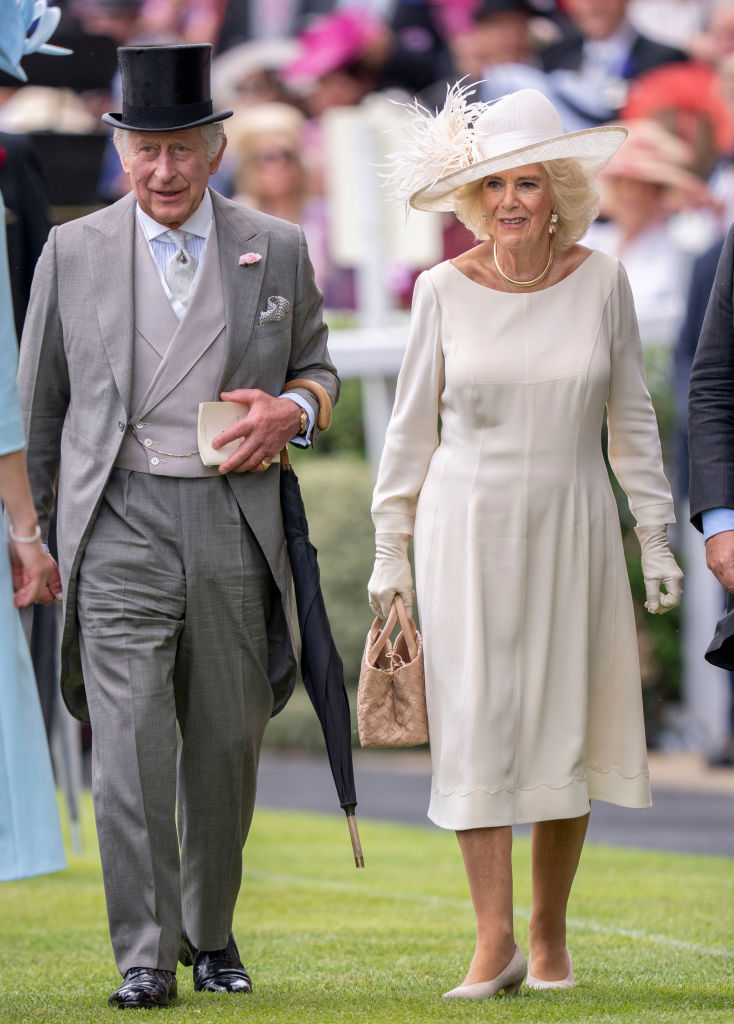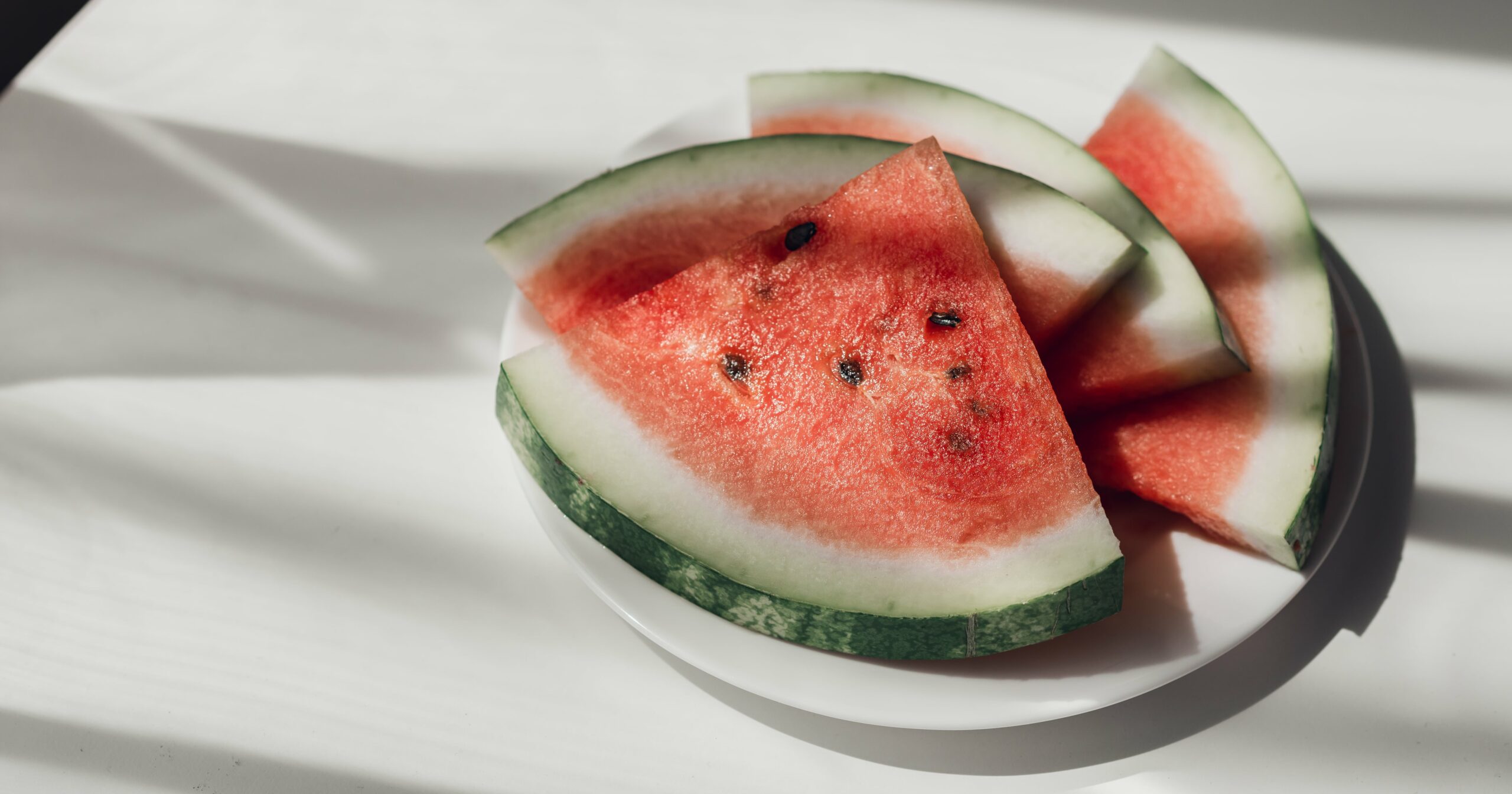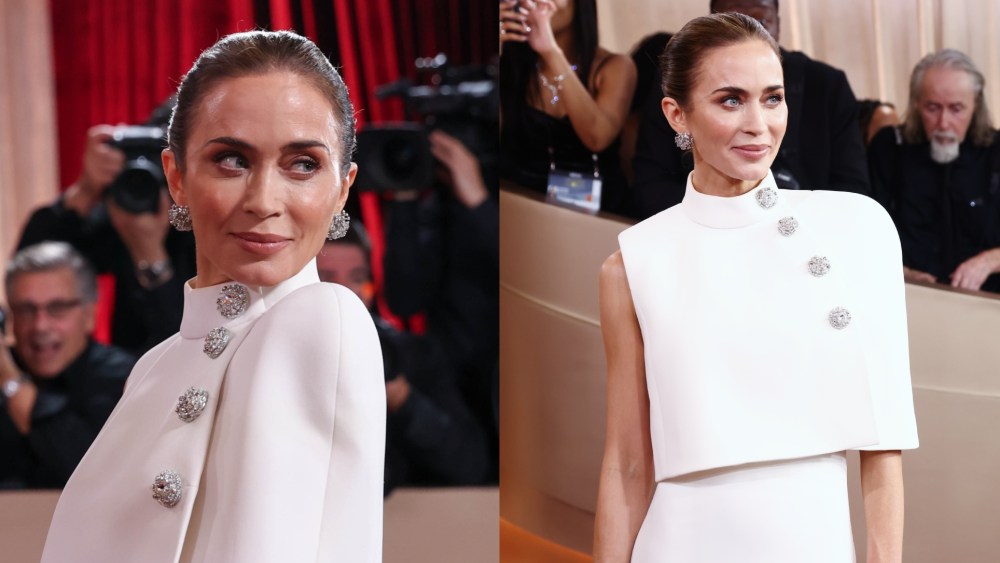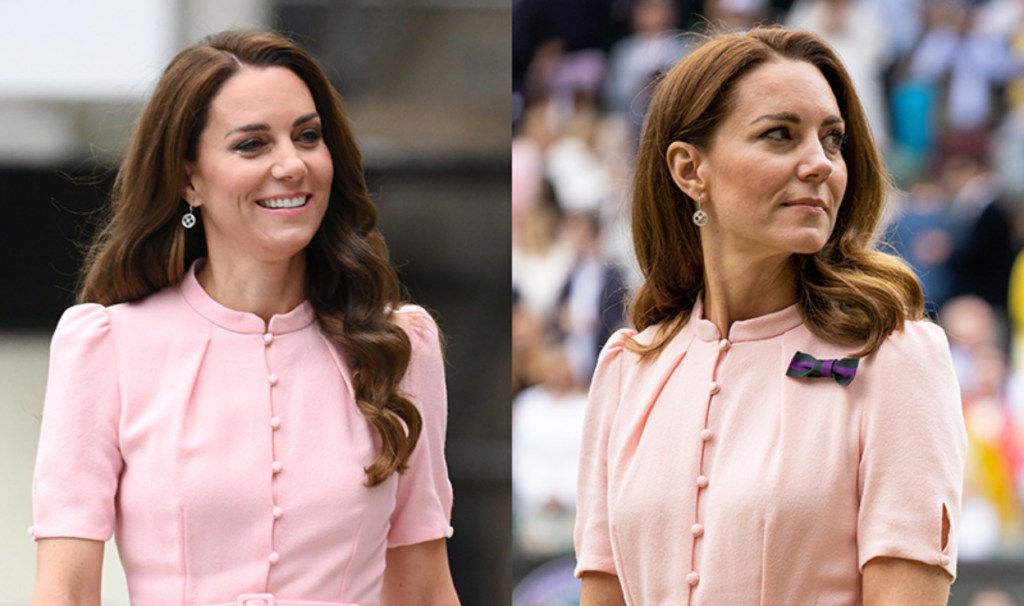LONDON — It’s a critical moment for Royal Warrant holders, the 800-plus British and international brands, makers, and tradespeople who supply goods and services to the monarch and other members of the royal household.
Now that King Charles III has been crowned, companies have been asked to reapply for their warrants, and for the first time they can also apply to become official suppliers to Queen Camilla’s household.
Warrants are commercial deals with the royal family, and holders range from mass market names such as Boots, Coca-Cola, and Unilever to luxury ones such as Burberry, Moët & Chandon and Smythson.
A warrant allows holders the right to display the Royal Arms, and sends brand awareness (especially in international markets) into the stratosphere. Companies can showcase their warrants in a variety of places: on products (see Cadbury chocolate packs); company stationery; the sides of a delivery van; or by the shop’s front door.
Helen Brocklebank, chief executive officer of Walpole, the association of British luxury brands, believes that the halo effect of royalty, regardless of Royal Warrants, “is absolute gold dust when it comes to British high-end and luxury brands succeeding abroad.”
Just before the coronation last May, Walpole worked with Brand Finance on a study looking at the perceived value of the Royal Warrant among U.K. consumers. The study found that all British luxury brands “enjoy the halo effect of the allure of royalty, but Royal Warrant holders in particular see an uplift.”
The study showed that nearly two-thirds of British consumers are aware of Royal Warrants “and associate them with British heritage, trustworthiness and superior quality.” According to Walpole and Brand Finance, customers are also willing to pay more for brands with a Royal Warrant.
Some would argue that, outside the U.K., Royal Warrants carry even more weight — and mystique — especially in places like Italy and Japan.
According to the Royal Warrant Holders Association, companies can qualify for a warrant by supplying products or services on a regular and ongoing basis to the royal households.
Warrants last for up to five years, and between 20 and 40 are canceled each year when new ones are granted. This year is a landmark one for warrant applications because of the new king and queen.
The association says applicants are all “required to demonstrate that they have an appropriate environmental and sustainability policy and action plan.”
According to sources, King Charles has made it more difficult than ever to obtain a warrant, and has tightened the rules around sustainability in particular. That’s not surprising, given the royal’s lifelong dedication to the environment, craftsmanship and skills training for young people.
“The process is much more stringent that it has been in the past. It has been digitized, and now evidence is needed for everything — your green credentials, what sort of energy suppliers you’re using and whether you’re an equal opportunity employer paying proper wages. They even want to know about your suppliers’ policies,” said one warrant holder who asked not to be named.
“But at the end of the day the process is a positive one. It gives us a framework and kicks us — and our suppliers — into action,” the person said.
Brocklebank isn’t surprised about the green requirements in particular.
“As Prince of Wales, the king had a very clear set of values around sustainability, the environment and craftsmanship. The sustainability element of his warrant in particular was much admired for the rigor it brought to the process of gaining and retaining his warrant. His values were very much shared by luxury brands who had the privilege of holding his warrant,” she said.
One brand undaunted by the renewal process is Clarins U.K., a longtime supplier to the late Queen Elizabeth II who granted the warrant in 2007.
“Clarins U.K. supplied the queen with Clarins products, together with providing a high level of personal service. We have been incredibly proud of this appointment, and it would be our honor to continue with this appointment for his majesty the king, therefore I can confirm that we will be re-applying,” said a company spokesperson.
Decisions are due later this year for King Charles’ warrants, and early next year for Queen Camilla’s, making the royal couple two of the biggest influencers in the world — for everything from beauty products to bioethanol fuels.
There could be more royal kudos to come. The Prince and Princess of Wales don’t have the right to grant warrants — yet — but that’s only a matter of time.
Brocklebank believes the young couple “have enormous power as ambassadors for British style and craftsmanship and I’m really excited to see how they embrace this in their new roles. If, in time, they were to join the queen and the king as grantors, it would be a dream come true for British luxury,” she said.



